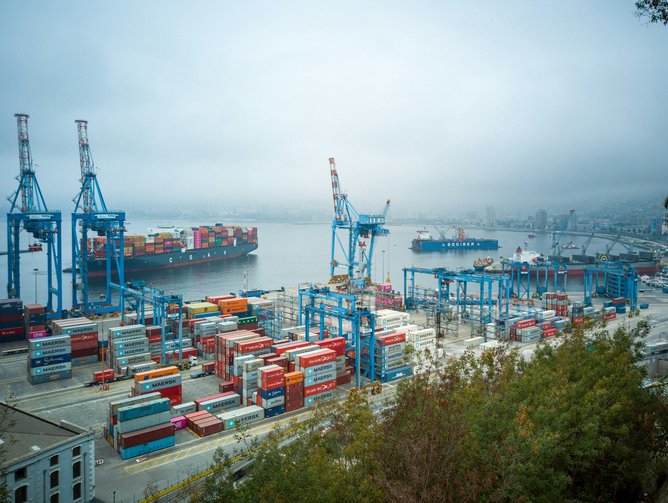Technology Investments are Helping to Fortify Supply Chains

It’s well documented that geopolitical tensions, economic pressures, talent shortages and cybersecurity threats are plaguing global supply chains, particularly at small and medium-sized businesses (SMBs).
To shed light on the issues impacting SMBs and how they’re building supply chain resilience in the face of these challenges, advisory and research specialist Software Advice – a subsidiary of Gartner – gathered the thoughts of 1,100 supply chain management (SCM) leaders in the US, Australia, the UK, France and Germany.
Its Supply Chain Plans Survey finds investments in technology are proving crucial in helping SMBs to fortify their supply chains.
Tech budgets increase to improve supply chain resilience
Almost a third (31%) of supply chain management leaders told Software Advice they plan to adopt new SCM software in 2024.
Specifically, spending in the US has increased, with 56% of leaders reporting that at least 6% of their budget had been allocated to supply chain technology spending.

“Strategic tech investments will be pivotal in helping SMBs weather current economic storms and emerge stronger in the long run,” says Olivia Montgomery, Associate Principal Analyst at Gartner and Software Advice.
“To get the most of their technology, SMBs should leverage predictive capabilities to forecast demand, identify potential risks and optimise inventory levels. As AI and machine learning continue to advance, predictive capabilities will become more powerful and accurate.”
Safeguarding the supply chain with cybersecurity
At least two in five (41%) SCM leaders report one or more disruptions linked to a cyber attack in the last 12 months, making it a top supply chain concern.
More than half (55%) of SMBs report advanced cybersecurity as being critical to the success of their company. It also tops the list for the type of technology they plan to maintain or increase investing in throughout 2024, followed by AI (44%).
Beyond technology, SMBs are advised by Software Advice to consider investing in employee training and conducting regular risk assessments to identify potential vulnerabilities.

Cost management strategies are diversifying
SMBs are especially vulnerable to fluctuations in consumer demand, supplier availability and pricing as they often lack the financial buffer to absorb sudden cost increases.
However, adopting a diverse cost management strategy can better position them to withstand economic challenges.
In fact, 53% of SMB supply chain leaders are negotiating supplier/logistics contracts in 2024, while another 28% plan to begin doing so.
Hoping to leverage collective purchasing power, 39% report being in a group purchasing organisation (GPO) and another 26% plan to join one soon – making it easier to negotiate discounted prices and favourable terms with suppliers.
Addressing a lack of skilled workers
Delivery delays due to insufficient staffing are impacting the bottom line for SMBs, as well as the work-life balance of their workforce.
This is perhaps best reflected by the fact a significant majority (80%) of SCM leaders are struggling to attract and/or retain skilled talent, with the most severely impacted departments being logistics/distribution, quality control and customer service.
Software Advice argues businesses should consider enhancing their employer branding and implementing flexible work policies to attract highly sought-after professionals and compete against larger employers.
******
Check out the latest edition of Supply Chain Magazine and sign up to our global conference series – Procurement and SupplyChain LIVE 2024.
******
Supply Chain Digital is a BizClik brand.






